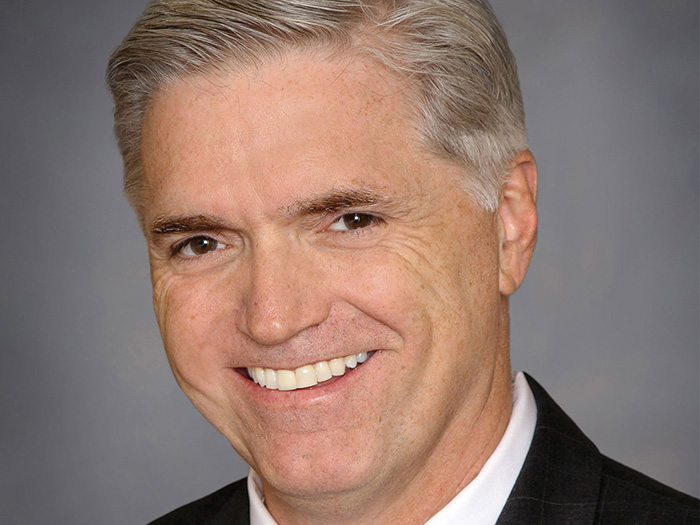Column: Workers' Comp
Debating Unbundling
Whether unbundling workers’ compensation managed care services from third-party administration contracts really benefits employers continues to stir debate among the strategy’s advocates and detractors. I suspect that whether an employer that unbundles sees improved claims outcomes and cost savings, or better service depends on their resources and commitment to managing multiple vendors.
However, fewer risk managers and workers’ compensation managers may be considering unbundling today, compared to a few years ago, said Charles F. Martin, managing director, casualty operations consulting leader at Marsh USA Inc.
“My sense is that there is definitely less of an inclination to unbundle,” Martin said, noting that he has clients that unbundle and he believes some companies benefit from doing so.
But proponents haven’t established that unbundling guarantees better claims outcomes, Martin said. Meanwhile, TPAs and insurers improved their delivery of managed care offerings, helping to sway employer decision-making.
Some employers using an unbundled approach for years are being nudged back to bundling, thanks to consolidation among managed care service providers. I can’t say, however, whether there’s a trend there.
One workers’ comp manager I spoke with reaffirmed her commitment to keep unbundling case management, utilization review, and bill review from her TPA services. She said doing so allows customization of those products to fit her needs and affords greater quality control.
Unbundling remains an important option for employers with the sophistication to manage it. Recently, though, Srivatsan Sridharan and Niel Simon at Gallagher Bassett Services Inc. sought me out to pose counter arguments to unbundling.
Risk managers with shrinking internal staff support will be challenged to oversee multiple service providers and replicate the level of quality control that a TPA team can provide, they said.
“There are too many moving parts and making sure that quality and outcomes are not compromised in any of these parts requires significant investment in time, people and resources,” Sridharan said.
Employers can make mistakes when there is a limited amount of claims data to analyze before deciding which service providers to contract with, they said. In contrast, GB makes decisions based on its analysis of $4 billion in claims data.
Sridharan and Simon also posed other arguments. But several speakers in a recent Risk & Insurance® webinar titled “Succeeding with an Unbundled Claims Management Approach” made strong arguments for their opposing view as well.
For example, Frank Lott, corporate claims director for FirstGroup America, said he unbundles bill review, pharmacy benefit management, field nurse case management, and physical therapy.
Doing so for 2.5 years has led to greater transparency in bill review fees, he said. Before he couldn’t understand what he was billed for. He has also experienced reduced costs, improved program control for greater loss cost reductions, and a higher level of service provider expertise.
The debate over bundling versus unbundling doesn’t matter much to some insurers because they don’t allow their customers to unbundle.
But the option should remain available for employers and the debate should continue so they can weigh critical insights on which options may serve them best.










